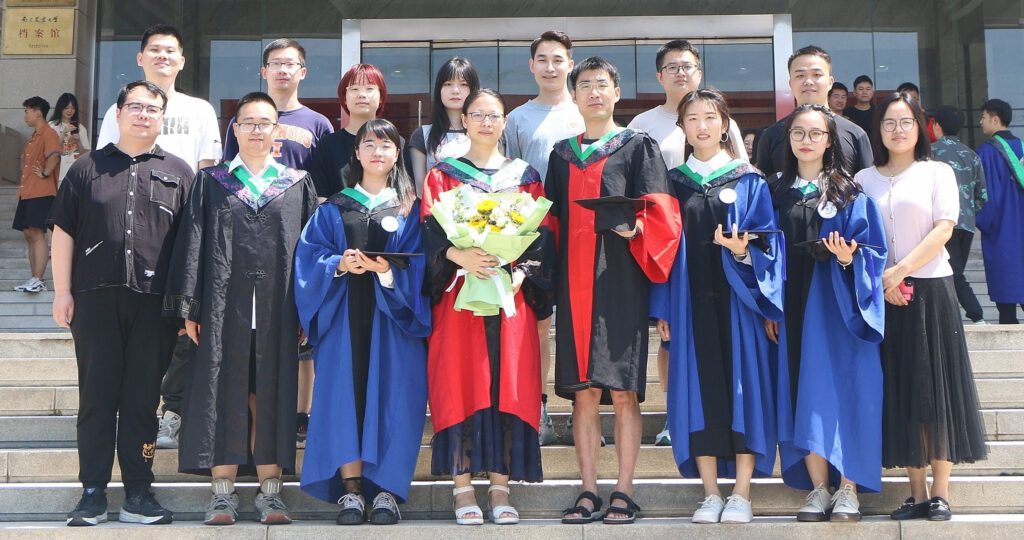The Cheng Laboratory is part of the National Center for International Research on Animal Gut Nutrition at Nanjing Agricultural University, China. Since 1998, the center has focused on animal gastrointestinal microbiology, particularly rumen anaerobic fungi. The center is overseen by Prof. Weiyun Zhu, and the Cheng Laboratory is led by Prof. Yanfen Cheng. The research interests of the Cheng Laboratory include: 1) Isolation and cultivation of anaerobic fungi and their co-cultured methanogens; 2) Meta-omics; and 3) Biotechnology applications.
The Cheng Laboratory specializes in isolating natural co-cultures of anaerobic fungi and methanogens, and investigating their metabolic interactions. So far, the lab has isolated more than 30 natural co-cultures of anaerobic fungi and methanogens from local goats, camels, buffalo, and other herbivores. The current research is primarily funded by the National Natural Science Foundation of China, National Key Research and Development Project, and the RUMEN Gateway Project.

The Cheng Laboratory also conducts meta-omics research on anaerobic fungi, particularly the genome, transcriptome, and proteome of the anaerobic fungus Pecoramyces ruminantium F1. The genome of F1, independently sequenced in the Cheng Laboratory, is available in the JGI Fungal Program. Based on the generated meta-omics data, Prof Cheng and her team revealed that metabolism in fungal hydrogenosomes was significantly improved by co-cultivation with methanogens. The anaerobic fungus also provided more hydrogen for the co-cultured methanogens to produce methane, and represents a model system for investigating hydrogen transfer between microorganisms in the rumen.
Anaerobic fungi and their associated consortia are also investigated for biotechnology applications in the lab. For example, the lab has established co-cultures of anaerobic fungi and methanogens and bacteria to produce methane and ethanol. In addition, the fiber-degrading enzymes, especially feruloyl esterase, in the fungal genome are explored in terms of their degradation of lignocellulosic biomass.
The Cheng Laboratory is open for collaborating with partners all over the world. So far, the lab has collaborated with research groups from more than 10 countries. They welcome all visiting scholars, visiting students, and any collaboration opportunities on ecological function of anaerobic fungi in the rumen, especially their function in terms of the degradation of plant material.
